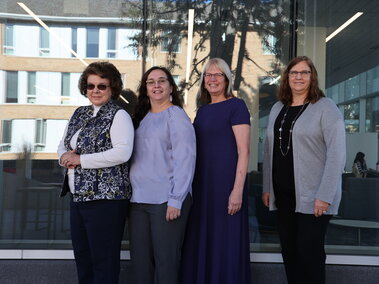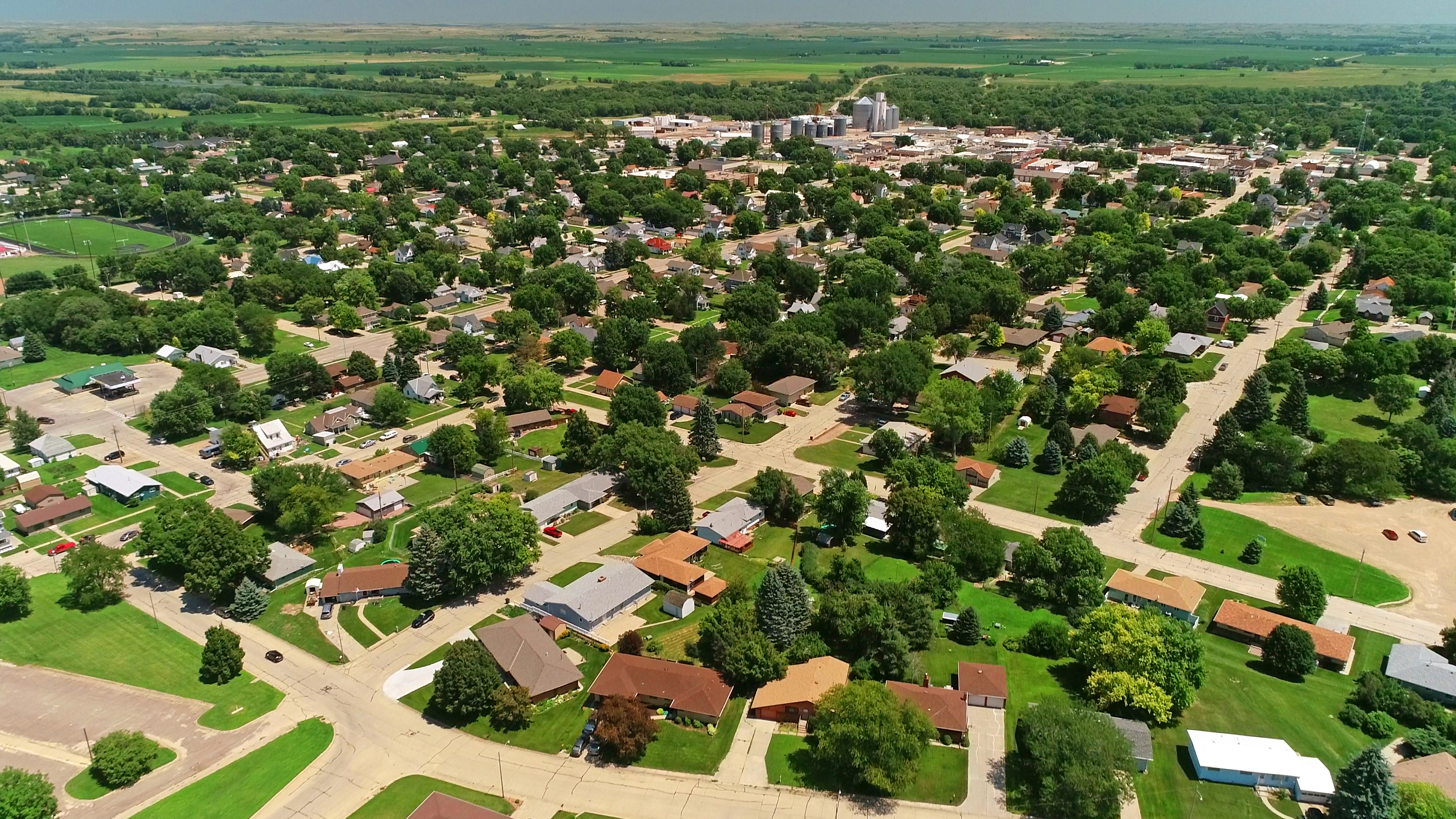Content
Now is your opportunity to gain the skills, knowledge, tools and practical experience to help you play a proactive role in rural community economic development. If you're considering employment in a rural area, you're encouraged to enroll and enhance your capacity to support your communities through leadership and knowledge.
The Rural Economic and Community Vitality graduate certificate conveys economic and social concepts relevant to understanding rural communities, the public decision-making process, and the advantages of living in a multicultural world. Certificate topics were designed in consultation with development professionals to ensure the program is practical and relevant to rural communities.
This certificate is taught 100% online and offers three 3-hour core classes, including a capstone course designed to put your learning into practice. You will also select three 5-week courses in your areas of interest, such as community law, financing, workforce or engagement.
For more information, contact Daniela Mattos at dmattos2@unl.edu or Jodie Barnes at jbarnes5@unl.edu
This certificate is for you.
- A graduate student seeking community development knowledge to enhance your career options
- Economic or community developer wanting a professional development opportunity
- A community leader/volunteer active in your community
- An elected official or community employee wanting to enhance knowledge and skills
- A community philanthropist needing to better understand community structures and funding needs
- Non-profit organizational leader wanting to create greater impacts in your community
- Community or regional service providers working in the areas of economic/community development.


Your Benefits
Enjoy the benefits of a program built for you:
Convenience
- Advance your career from home
- Access the online course at a time that fits your daily schedule
- Presentations and coursework available anywhere you have internet access
- Submit homework electronically
Content
- Develop and enhance core community development skills and practices.
- Learn from experienced community and economic development practitioners.
- Interact with and learn from your fellow students.
- Engage in a variety of learning methods (i.e., case studies, experiential exercises, group discussions)
